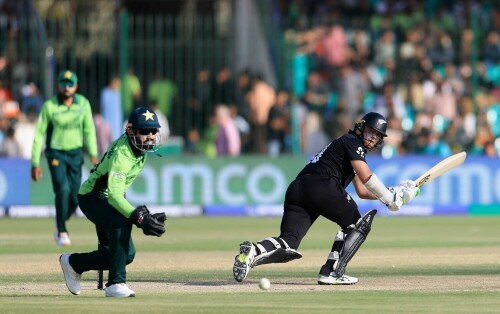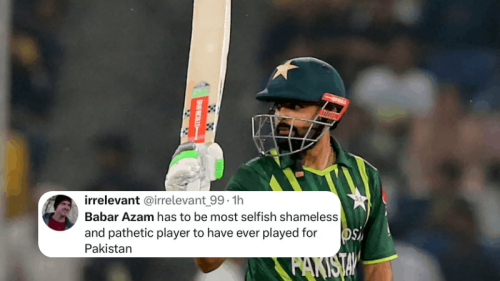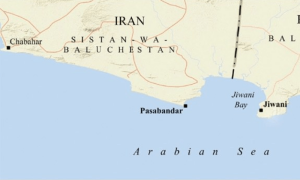LONDON: When Russian tanks poured into South Ossetia, it was the clearest turning point in Russia’s relations with the West since the fall of the Berlin Wall: Russia not only managed to destabilise a pro-western regime but, crucially, demonstrated to its neighbours how defenceless they are against incursions by its armed forces.
For years, the United States and the European Union have been looking for ways of circumventing Russia for energy, especially in the light of the controversial cuts in supply it made to Ukraine, Belarus and the Czech Republic. The opening of the South Caucasus Pipeline (SCP) from Azerbaijan to Turkey should successfully enable the flow of 16 billion cubic metres (bcm) of gas into Europe without Moscow’s interference. However, with Georgia being the only viable country for the pipeline to go through as Azerbaijan is technically at war with Armenia the current crisis showed energy majors operating in the Caucasus how tenuous their grip on resources could become should the Kremlin intervene in the affairs of its neighbours again. The SCP was closed for a time during the latest violence.
This is of particular concern to BP, which owns 25.5 per cent of the SCP, and is already in dispute with Moscow over the status of subsidiary TNK-BP.
Nick Day, chief executive of risk consultancy Diligence, says Russia had been using its energy supply as a tool of its foreign policy and that “the greatest threat to western companies in the region is re-nationalisation in former Soviet countries, which has already been taking place in Russia. As a result of this conflict, countries neighbouring Russia may offer oil and gas contracts to Moscow as an olive branch”.
While a spokesman for the EU commission says the situation in Georgia meant that the EU “had no time to waste” in dealing with energy security, the instability of the region covering the SCP threatens to scupper Europe’s policy of diversifying its energy supply, giving Russia a much stronger hand.
This is chiefly due to the undesirable nature, as Europe sees it, of the most viable alternatives Iran, whose nuclear programme is a bone of contention, and Iraq, whose current instability is cause for great concern.
Europe has to look at the viability of projects already on the table for its long-term energy supply. The Nabucco project takes gas from the Shah Deniz gas fields in Azerbaijan, starting from Turkey and ranging into the heart of Europe, with the potential for inputs from Iran and Iraq.
By contrast, the South Stream project starts directly from Russia, taking Gazprom gas through new EU member states Romania and Bulgaria and provides ease of access to greater resources. Nabucco aims to provide 10bcm of gas from 2013 rising to 31bcm in 2021, whereas the South Stream aims to supply 30bcm on completion, forecast to be in 2013.
However, the Georgian conflict has caused great damage to the viability of Nabucco. As Charles Ebinger, director of the Energy Security Initiative at the Brookings Institution, points out: “The South Stream project has been strengthened by the current situation and Nabucco may fall by the wayside.” To that extent, “Russia has the whip hand over Europe in terms of energy policy”. Ebinger reflects the thoughts of most experts. Valery Nesterov, energy analyst at Troika Dialog, says: “The resource base for the South Stream is stronger than that of Nabucco. The South Stream has a head start; Nabucco has been dealt another blow.” Nesterov argues that any plans to supply the Nabucco pipeline from Turkmenistan are not viable as the Turkmens are already supplying around 90bcm of energy to Iran, Russia and China.
The geographic positioning of Turkey and Russia as the only suppliers direct to the continent mean that bargaining position of European Union looks weak.
—Dawn/ The Guardian News Service












































